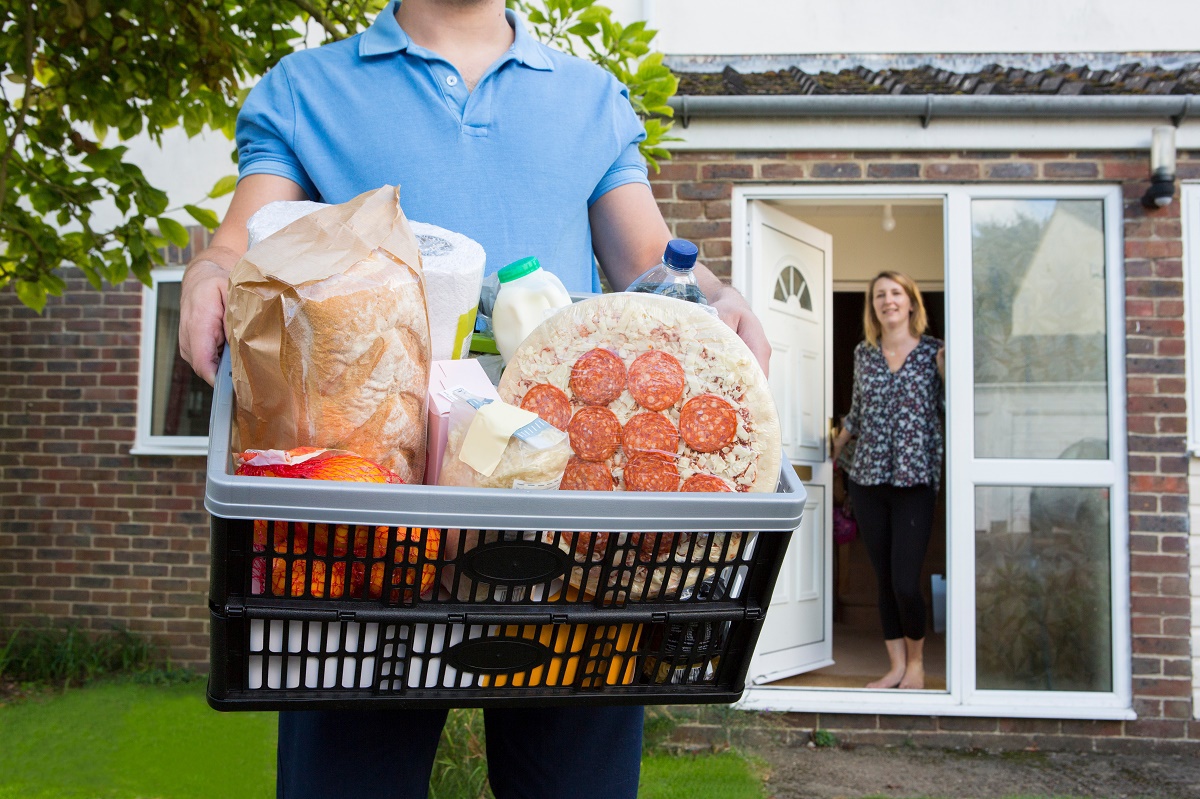
UTIA Examines Online Grocery Shopping Attributes and Subsequent Influence on Food Choices
Project Summary: The long-term goal of the study is to develop methods and models to better understand the influencing factors that drive consumer online grocery purchasing decisions and its effect on the healthfulness of purchases. Purchasing groceries online can result in savings of both travel and shopping time, which are frequently cited as reasons for utilization. For lower-income households, online grocery shopping can also help eliminate transportation barriers. However, this delivery convenience comes at a cost, and these fees are typically cited as a barrier to using the service. While low-income consumers may be most sensitive to these fees, they may also benefit the most from delivery services when used to address limited access to food retailers. The study results will help inform future policy, provide crucial information for designing online grocery shopping services that support healthy purchasing behavior, and meet the needs of consumers for whom accessing food retailers presents a barrier to nutrition security.
Funded by USDA NIFA
Food Assistance and Time Use in the Age of Online Grocery Shopping
Project Summary: Time spent preparing and shopping for meals is an important dimension of household well-being, as it reflects not only access to food and financial resources but also the time constraints that influence dietary quality, stress, and overall quality of life. In recent years, many households have increasingly turned to online grocery shopping, often motivated by the desire to save time. This project asks whether participation in SNAP reduces or increases the time burden of meal preparation and food shopping, and how the growing availability of online grocery options may influence that relationship. The 2019 rollout of the SNAP Online Purchasing Platform, which allows participants to use benefits for online food purchases, provides a timely opportunity to study these dynamics. To address this question, the analysis will compare time spent on meal preparation and grocery shopping among households that participate in SNAP and those that are eligible but do not participate, focusing on households that report increased use of online grocery services since 2020. The study will also consider demographic characteristics, food access environments, food values, and rural–urban differences. A secondary component will explore whether time spent shopping for and preparing food influences the types of foods purchased and, ultimately, overall diet quality.
Understanding Rising Demand for Ultra-Processed Foods: Consumer Behavior and Nutrition Implications
Project Summary: This project investigates the growing demand for ultra-processed foods (UPFs) and seeks to understand why consumers purchase them, which segments of the population are driving this demand, and how preferences differ across products. In addition, the study explores whether it is possible to distinguish between lower- and higher-quality UPFs, as well as what alternative foods consumers consider as substitutes. Using detailed household-level purchase data from Nielsen Homescan, the project examines trends in UPF consumption over time and the factors contributing to their increasing popularity. This research is particularly relevant in the context of the double burden of malnutrition and obesity, as rising UPF consumption has been linked to poor diet quality and negative health outcomes. By identifying patterns in demand and substitution, the project aims to inform policymakers and public health practitioners about potential strategies to promote healthier diets while understanding the economic and behavioral drivers behind UPF consumption.